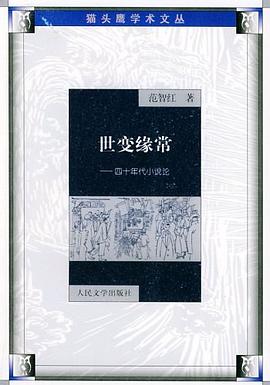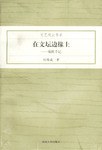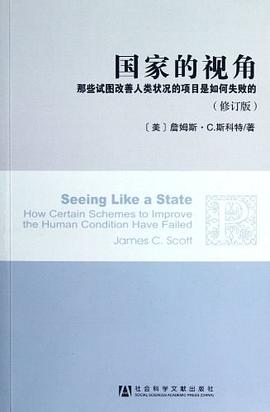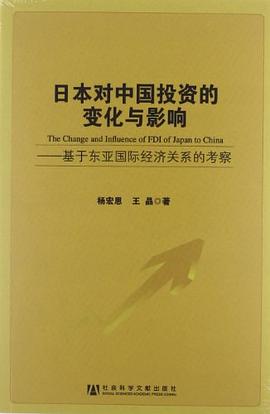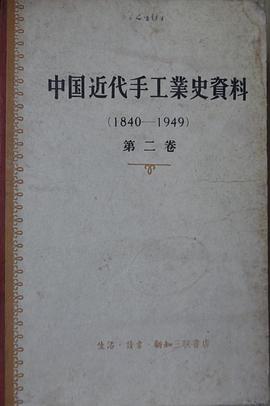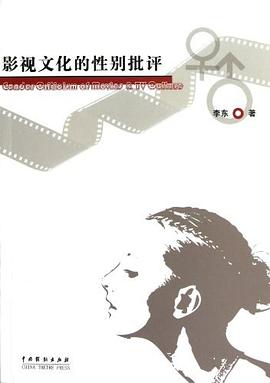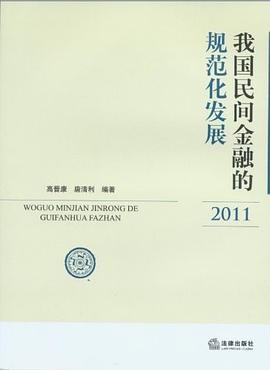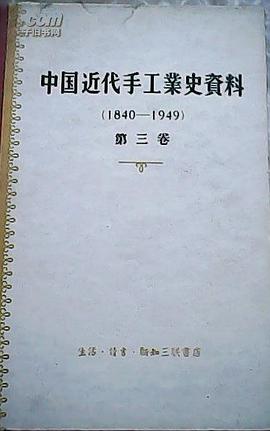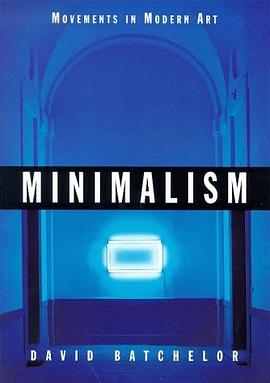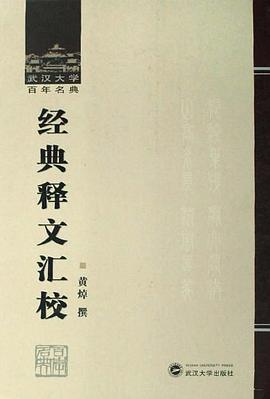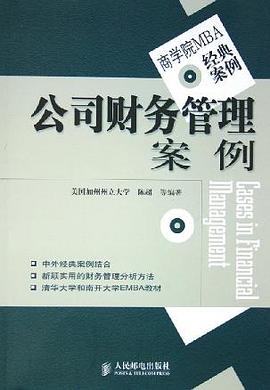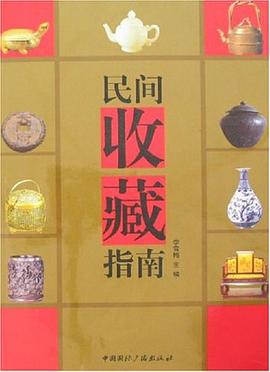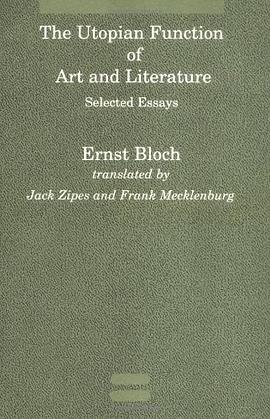
The Utopian Function of Art and Literature pdf epub mobi txt 電子書 下載2025
- 布洛赫
- 西馬
- 哲學
- 論文資料
- 文學理論
- 德國
- musicology
- design
- 烏托邦
- 文學
- 藝術
- 社會批判
- 文化研究
- 理想主義
- 政治哲學
- 文學理論
- 藝術哲學
- 未來主義

具體描述
The aesthetic essays of the philosopher Ernst Bloch (1885-1977) belong to the rich tradition of cultural criticism represented by Georg Lukács, Theodor Adorno, and Walter Benjamin. Bloch was a significant creative source for these thinkers, and his impact is nowhere more evident than in writings on art. Bloch was fascinated with art as a reflection of both social realities and human dreams. Whether he is discussing architecture or detective novels, the theme that drives his work is always the same - the striving for "something better," for a "homeland" that is more socially aware, more humane, more just.<br /> <br /> The book opens with an illuminating discussion between Bloch and Adorno on the meaning of utopia; then follow 12 essays written between 1930 and 1973 on topics as diverse as aesthetic theory, genres such as music, painting, theater, film, opera, poetry, and the novel, and perhaps most important, popular culture in the form of fairy tales, detective stories, and dime novels.<br /> <br /> The MIT Press has previously published Ernst Bloch's Natural Law and Human Dignity and his magnum opus, The Principle of Hope. The Utopian Function of Art and Literature is included in the series Studies in Contemporary German Social Thought, edited by Thomas McCarthy.
著者簡介
圖書目錄
Notes on the Translation and Acknowledgments vii
Introduction: Toward a Realization of Anticipatory Illumination Jack Zipes xi
Something's Missing: A Discussion between Ernst Bloch and Theodor W. Adorno on the Contradictions of Utopian Longing (1964) 1
Art and Society 18
Ideas as Transformed Material in Human Minds, or Problems of an Ideological Superstructure (Cultural Heritage) (1972) 18
The Wish-Landscape Perspective in Aesthetics: The Order of Art Materials According to the Dimension of Their Profundity and Hope (1959) 71
Art and Utopia 78
The Creation of the Ornament (1973) 78
The Conscious and Known Activity within the Not-Yet-Conscious, the Utopian Function (1959) 103
The Artistic Illusion as the Visible Anticipatory Illumination (1959) 141
Marxism and Poetry (1935) 156
The Fairy Tale Moves on Its Own in Time (1930) 163
Better Castles in the Sky at the Country Fair and Circus, in Fairy Tales and Colportage (1959) 167
Building in Empty Spaces (1959) 186
On Fine Arts in the Machine Age (1964) 200
On the Present in Literature (1956) 207
The Stage Regarded as a Paradigmatic Institution and the Decision within It (1959) 224
A Philosophical View of the Detective Novel (1965) 245
A Philosophical View of the Novel of the Artist (1965) 265
The Representation of Wish-Landscapes in Painting, Opera, and Poetry (1959) 278
Selected Bibliography 293
Index of Names and Works 305
· · · · · · (收起)
讀後感
評分
評分
評分
評分
用戶評價
相關圖書
本站所有內容均為互聯網搜索引擎提供的公開搜索信息,本站不存儲任何數據與內容,任何內容與數據均與本站無關,如有需要請聯繫相關搜索引擎包括但不限於百度,google,bing,sogou 等
© 2025 book.quotespace.org All Rights Reserved. 小美書屋 版权所有

